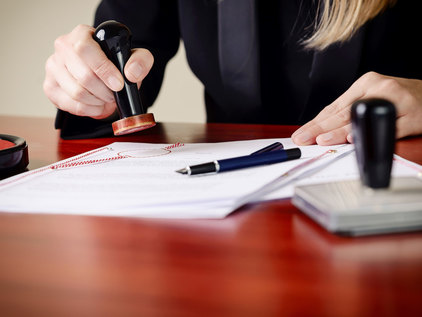Lasting Power of Attorney
Why do I need a Lasting Power of Attorney?
A Lasting Power of Attorney (LPA) is a legal instrument. The LPA allows you to appoint attorneys to help you make decisions, or they can make decisions for you if you have lost mental capacity.
You may have put a Will into place, but your Executors can only act for your Estate following your death. An Executor cannot act for you or make decisions for you during your lifetime, even if you have lost capacity.
Click to View our POA Process
Initial Consultation
Drafting the Document
Signing and Witnessing
Registration with the Office of the Public Guardian (OPG)
Advice on Use and Responsibilities
Ongoing Support
Initial Consultation
The solicitor meets with the client to understand their needs, explain the different types of PoA (Ordinary, Lasting, or Enduring), and assess their mental capacity to make the decision.
Drafting the Document
The solicitor prepares the PoA document, outlining the specific powers granted and any restrictions or conditions the donor wishes to include.
Signing and Witnessing
The PoA must be signed by the donor and witnessed. For a Lasting Power of Attorney (LPA), a certificate provider (such as a solicitor or doctor) must confirm the donor understands the decision and is not under undue influence.
Registration with the Office of the Public Guardian (OPG)
An LPA must be registered with the OPG before it can be used, which can take up to 20 weeks. Ordinary PoAs do not require registration and can be used immediately.
Advice on Use and Responsibilities
The solicitor advises both the donor and the attorney(s) on their legal duties and how the PoA should be used to ensure compliance with the law.
Ongoing Support
If needed, the law firm can assist with amendments, disputes, or concerns about an attorney’s actions, ensuring the PoA is used correctly.

